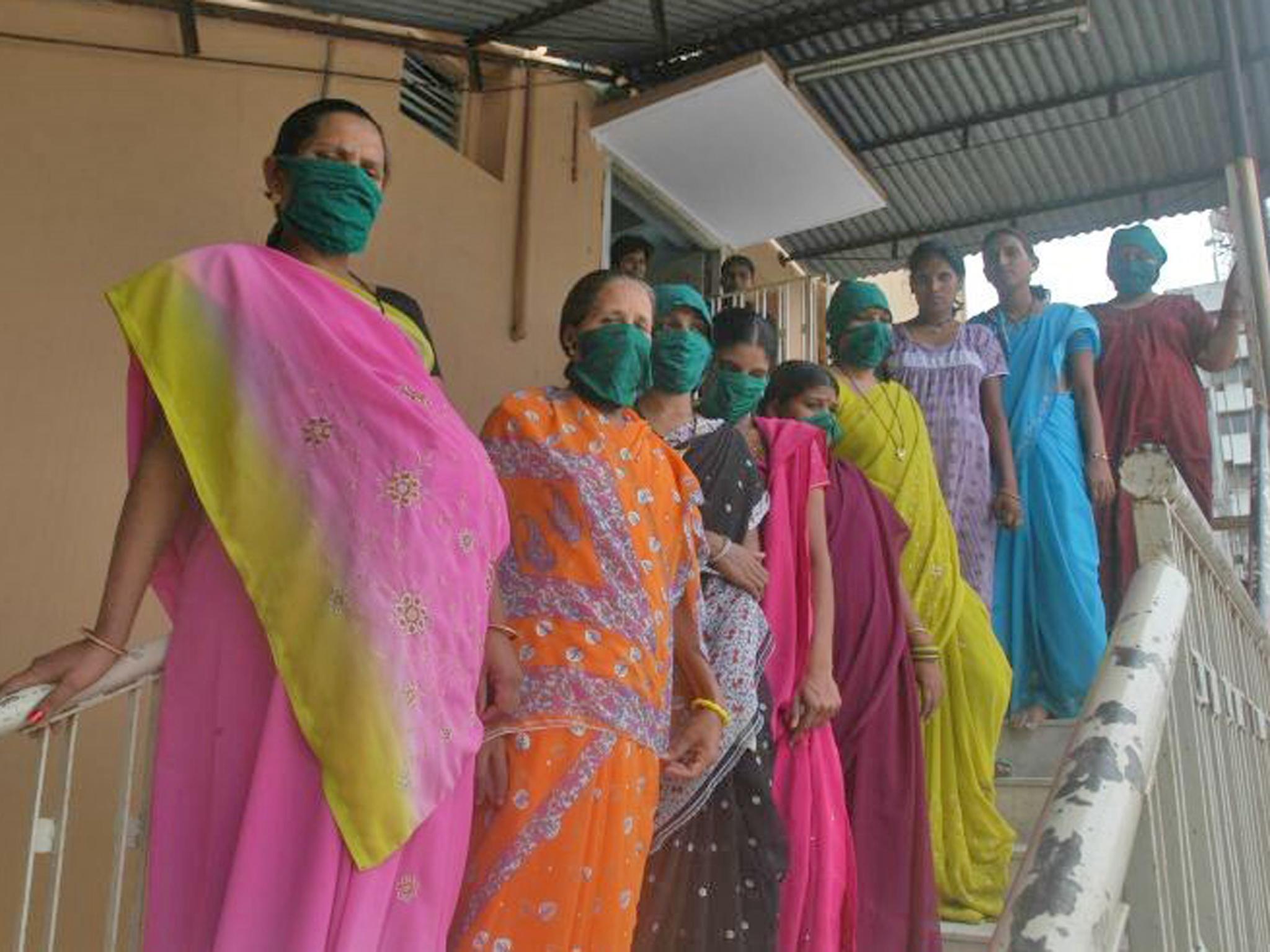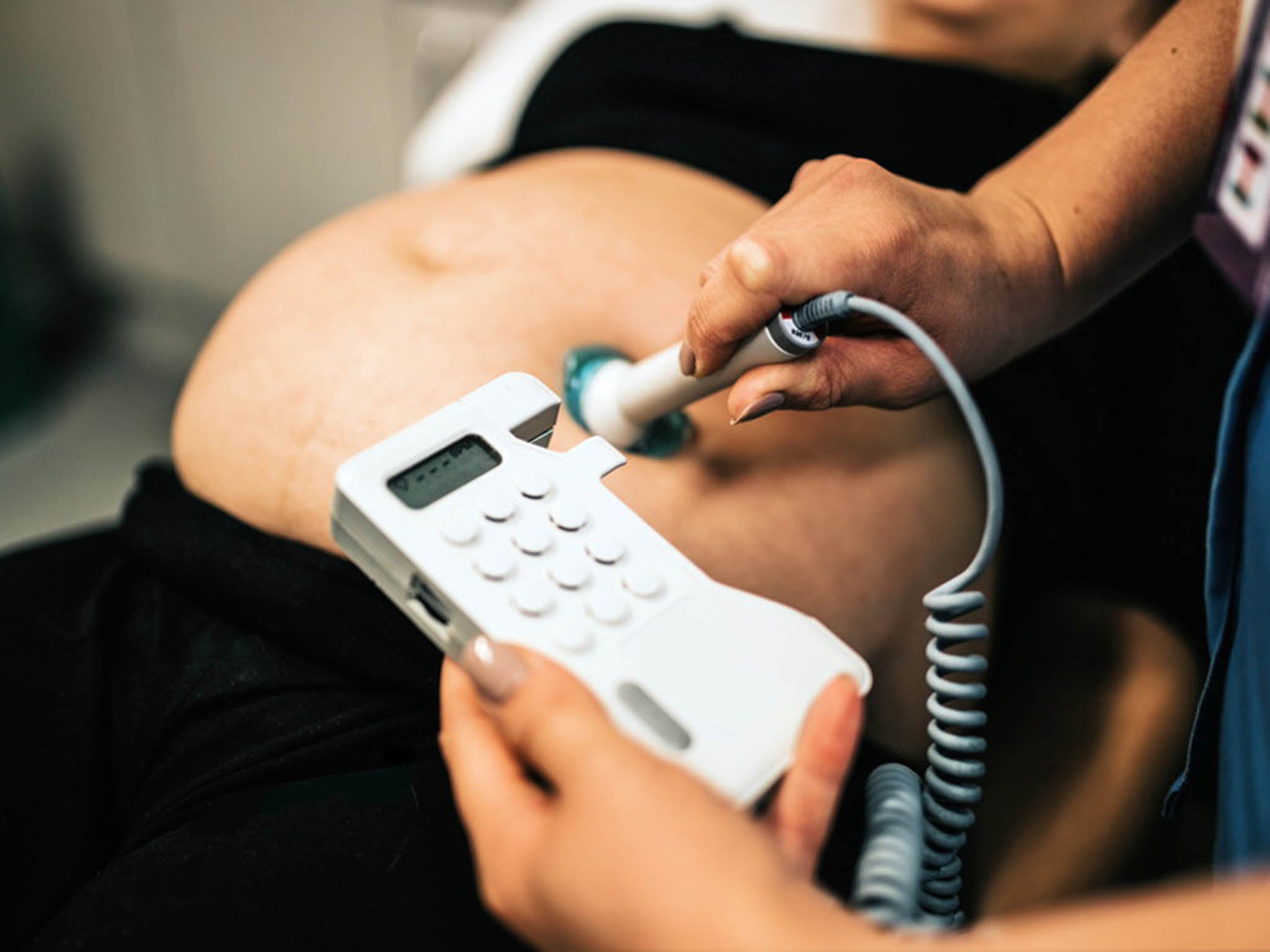'Outdated' surrogacy laws being overhauled amid warnings over risks for couples travelling overseas
Review announced days before dedicated parliamentary committee launches on surrogacy

“Outdated” surrogacy laws seeing British parents travel overseas to have children and struggling to bring them home are being overhauled as part of a wide-ranging review.
The Law Commission said the use of surrogacy, which sees women bear children on behalf of biological or legal parents, has rocketed over the past decade and is expected to rise.
Announcing a reform period of up to three years, the authority said the legalisation of equal marriage and wider acceptance of same-sex relationships was partly responsible for the increase.
“There are significant problems with the law,” the commission stated. “Reform will deliver benefits of clarity, modernity and protection.”
Courts have struggled to implement orders transferring guardianship from surrogate mothers to intended parents, even if they are the biological mother or father, the body said.
The requirement for parental orders only to be granted to two people has already been declared to be incompatible with the European Convention on Human Rights and other issues, including children’s rights and the potential exploitation of surrogates, are causing concern.
The announcement came days before the launch of a dedicated All-Party Parliamentary Group (APPG) on surrogacy on Tuesday, which will be led by Conservative MP Andrew Percy.
“The law is currently outdated and inadequate, and fails to represent the reality of modern day surrogacy in the UK and the changed perceptions of family,” he told The Independent.
Mr Percy, the MP for Brigg and Goole, said the current law was largely based on largely based on “assumptions and myths” about who participates in surrogacy and why.
He said the APPG will also work to review laws and “bring them into line with modern social realities”.
Natalie Gamble, a fertility lawyer, said deficiencies in the law were driving parents overseas to have children via surrogates.
“The US is the go-to destination,” she added. “It’s safe and very well regulated but it’s also very costly.”
Parents unable to afford American services travel to countries including Ukraine and Georgia, where the screening and counselling processes for surrogate mothers are less stringent, while legal changes have reduced numbers in India and Thailand.
Even if couples are legally recognised as a child’s parents abroad, UK law dictates that the baby’s mother is the woman who gave birth and her husband is the father.
Parental orders can take months to be granted, leaving babies legally parentless and stateless.
Ms Gamble said there was no evidence of surrogates frequently changing their minds and seeking to keep children, but that any new law must protect the rights and intentions of everyone involved in surrogacy.
Her legal firm represented the first parents to come before British courts over surrogacy abroad in 2008 but now estimates there are between 500 and 1,000 cases a year, with most being heterosexual couples.

Surrogacy UK, the biggest nonprofit company providing services in Britain, said children are being left in “legal limbo” and surrogates are not being properly protected abroad.
“We need a set of laws in the UK that makes people feel they can do surrogacy here rather than looking overseas, where it’s either very expensive or there are legal and ethical complications,” said Natalie Smith, a member of the company’s advisory board.
More than 2,000 people have signed a petition demanding legal reform, including surrogates and parents who have used the method to have children.
Shintal Jassal, from London, said she resorted to having her baby in India and “had to fight every step” to gain a passport for the child, while others warned that some surrogates were being exploited through informal agreements.
Surrogacy is one of 14 areas being reviewed by the Law Commission in its 13th programme of reform.
The body, which recommends legal changes for England and Wales to the Government, based its choices for the next three years on a public consultation but said the “uncertain climate” meant priorities may change.
A key aim for the programme is to “enhance the UK’s competitiveness internationally” as Brexit approaches, sparking a push for laws allowing the Government’s vision of driverless cars on roads by 2021, smart contracts, electronic signatures and modernised trust law.
“Unfair” leasehold agreements are also being overhauled amid anger over spiralling ground rents, service charges, fees and a lack of regulation of managing agents exposing home owners to high costs and poor service.
The Government has already announced its own crackdown on the practices, which affect around four million properties in England alone, and the Law Commission said it would combat “inconsistency, complexity and unfairness” in the legislation.
Justin Madders, a Labour MP who mounted a private members’ bill on the issue, called for leaseholds to be abolished on new builds in a comprehensive set of reforms.
“The current system is archaic and weighted far too heavily in favour of the big business interests of the freeholders and developers,” he told The Independent.
“We need to see a system that enables people to purchase their freeholds at a reasonable price.
“There also needs to be clarity and fairness about the many charges freeholders slip into the leases which operate as a cash cow – the rip-off rules which fleece homeowners has to end.”
Other areas being reviewed by the Law Commission include widening the ways in which people can legally dispose of their loved ones’ bodies, beyond traditional burial and cremation.
It is also overhauling “poorly drafted” immigration law to simplify 1,033 pages of legislation, without making major policy changes.
“We want to help tackle injustices by making the law simpler, clearer and fit for the future,” said Law Commission chair Sir David Bean.
“Although we are operating in uncertain times, I am confident that our independence and ability to build consensus will help ensure that Parliament can take forward law reform in these areas.”
Join our commenting forum
Join thought-provoking conversations, follow other Independent readers and see their replies
Comments